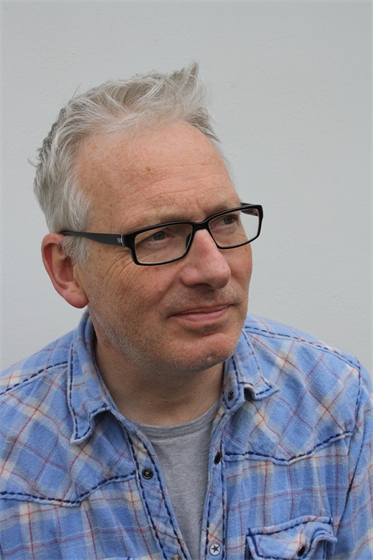"Junk Playgrounds as Infrastructures of Feelings"
In 1954, Lambeth Council in London agreed to rent a bombed patch of ground to a small committee wanting to launch a new experimental playground where children and young adults could build habitats and destroy them, start fires and dig holes. That same year William Golding published the novel Lord of the Flies, figuring a seething destructiveness at the heart of post-war English masculinity. The Junk Playgrounds as they were then called (which went on to be called ‘waste material playgrounds’ and ‘adventure playgrounds’) were haunted by the real and imaginary figure of the male juvenile delinquent. They were sites where gender was enacted and contested, where creativity and destruction vied for prominence, where collectivism and individualism were in constant dialogue. The playgrounds were idealised at the time by urban anarchists like Colin Ward who saw them as sites for building social autonomy; at the same time, they often mirrored the paternalism of the playground movements developed in Europe and North America at the start of the twentieth century. In this talk I will suggest that they can be treated as vernacular infrastructures that both echo and challenge the Welfare State, and that their focus on feeling in play (not just emotions and affects, but attention and care) is something worth remembering today.


